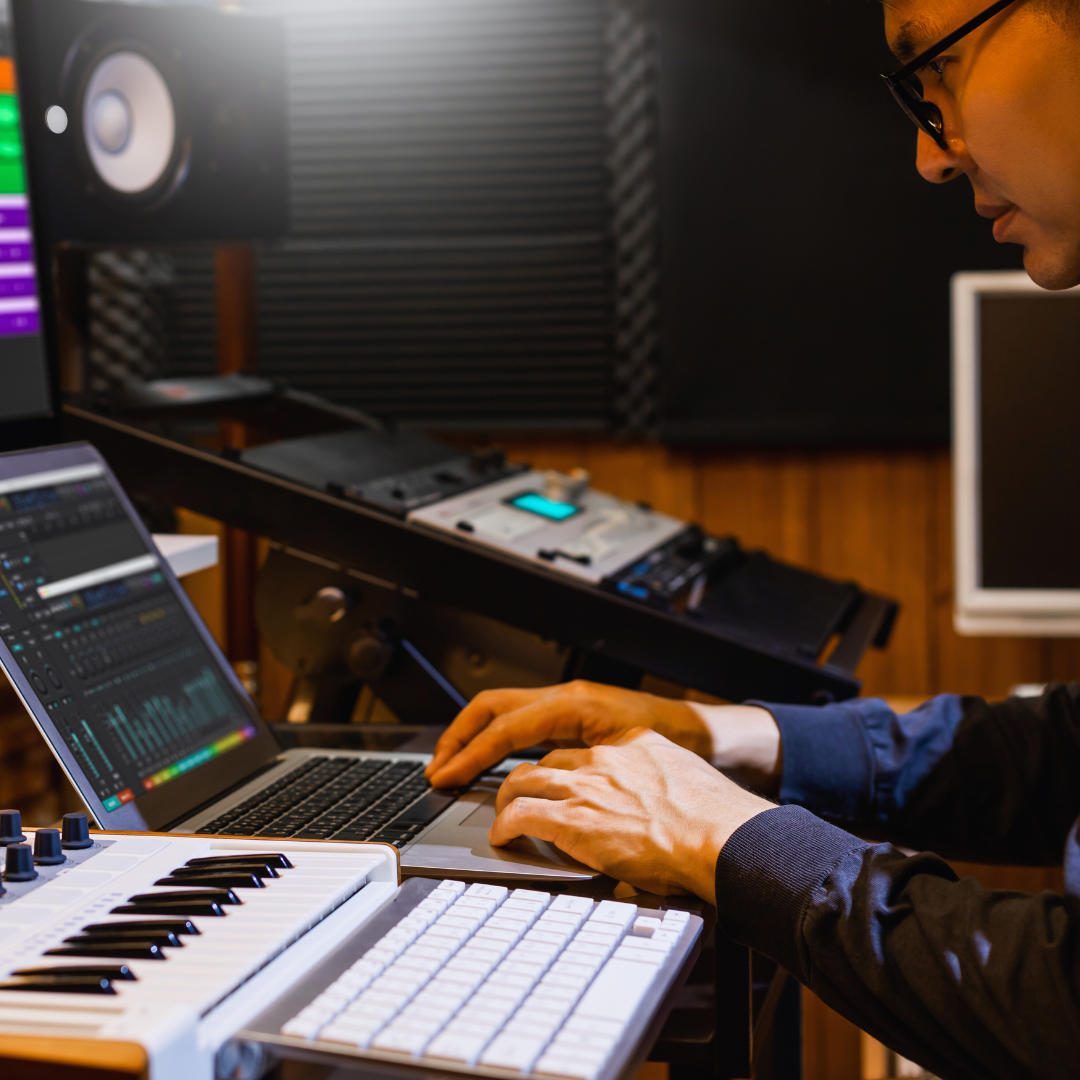Artificial intelligence is making a significant impact on the music industry, particularly in the realm of songwriting. AI-generated music is transforming the creative process by providing new tools and inspiration for artists, allowing them to explore innovative sounds and styles. As these technologies evolve, musicians can leverage AI to enhance their songwriting, streamline their workflow, and even collaborate with machines.
The traditional songwriting process typically relies on human experience and emotion. With AI, songwriters can generate melodies, harmonies, and lyrics quickly, providing a fresh source of creativity. This shift not only opens up opportunities for seasoned artists but also democratizes music creation, enabling aspiring musicians to experiment without extensive training or resources.
As technology continues to advance, the intersection of AI and music will likely deepen, reshaping how songs are composed and produced. This evolution raises intriguing questions about authorship, creativity, and the future of artistic expression in an increasingly digital landscape.
The Role of AI in Modern Songwriting
AI is significantly altering the songwriting landscape by streamlining the creative process and offering innovative tools for artists. This technology empowers musicians to enhance their work while also introducing new paradigms in music composition.
Transforming the Creative Process
The introduction of AI in songwriting reshapes how artists conceptualize and develop their music. With advanced algorithms, AI can analyze vast arrays of musical data, spotting trends and patterns that may not be immediately apparent to human composers.
Musicians increasingly collaborate with AI to co-create songs. This partnership allows artists to experiment with diverse genres and styles, often generating ideas that push their creative boundaries. The iterative process facilitated by AI can inspire new melodies and harmonies, making songwriting more dynamic and accessible.
AI Tools for Lyrics and Composition
Numerous AI tools are streamlining the creation of lyrics and musical compositions. Platforms like OpenAI’s MuseNet and Jukedeck provide users with the ability to generate melodies, chord progressions, and even complete songs based on specific inputs. These tools can mimic various genres and styles, catering to the unique preferences of individual artists.
Additionally, lyric generation tools analyze themes, syllable counts, and rhyme schemes to assist songwriters in crafting compelling lyrics. AI can suggest words or phrases that resonate emotionally, enhancing the storytelling aspect of songs. This technology not only aids in the writing process but also encourages artists to move past creative roadblocks.
Impacts on the Music Industry
The integration of AI-generated music is significantly altering various aspects of the music industry. This influence spans innovation in production techniques, changes in how music is consumed, and challenges regarding artistic integrity.
Innovation in Music Production
AI technologies are transforming music production by facilitating faster and more efficient creative processes. Tools like machine learning algorithms can analyze vast amounts of existing music to suggest chord progressions, melodies, or even entire compositions.
Producers can use these insights to streamline their workflow. This results in reduced time spent on songwriting and allows artists to focus on refinement and emotional connection. Additionally, AI tools can assist in sound design, enabling unique soundscapes that traditional methods might not achieve.
Music Streaming and Consumption
The rise of AI-generated music has impacted music streaming platforms profoundly. Services such as Spotify and Apple Music are employing AI algorithms to curate personalized playlists that cater to individual listener preferences.
This personalized experience enhances user engagement and can lead to increased consumption of both AI-generated and traditional music. Moreover, AI’s ability to generate tracks on demand can encourage experimentation, introducing users to a broader range of genres and styles.
Challenges to Artistic Integrity
Despite the benefits, AI-generated music raises concerns regarding artistic integrity. Critics argue that reliance on algorithms may compromise originality and emotional depth in songwriting. The creative process might shift from human expression to algorithmic outputs, leading to debates about authorship and copyright.
Additionally, there is a fear that AI could oversaturate the market with generic music, making it challenging for authentic artists to stand out. As the industry adapts to these changes, balancing innovation with respect for artistry becomes crucial.
Legal and Ethical Considerations
The rise of AI-generated music brings forth significant legal and ethical questions. Issues surrounding copyright and the nature of human creativity in this new landscape require careful examination.
Copyright Issues in AI-Generated Content
Copyright law traditionally protects original works created by humans. However, with AI’s capacity to generate music autonomously, questions arise regarding authorship and ownership.
When an AI composes a song, who holds the copyright? Is it the developer of the AI, the user who prompts the AI, or the AI itself? Current legal frameworks are often unclear, and jurisdictions vary widely in their interpretations.
As AI-generated music proliferates, it complicates existing copyright structures, potentially undermining artists’ rights. This results in calls for updated legislation that accurately addresses the nuances of AI involvement in creative processes.
The Debate Over Human Creativity and AGI
The emergence of Artificial General Intelligence (AGI) adds depth to the conversation about creativity. Many argue that creativity requires human experience and emotional depth, elements that AGI currently lacks.
Critics question whether AI, despite producing appealing music, can truly be creative. The concern lies in the belief that human creativity encompasses intuition, cultural context, and emotional expression.
As AI continues to evolve, the implications for human artists become increasingly significant. This ongoing debate challenges society to reconsider the definitions of creativity and the role of technology in artistic endeavors, pushing for a clearer distinction between human-made and AI-generated art.
